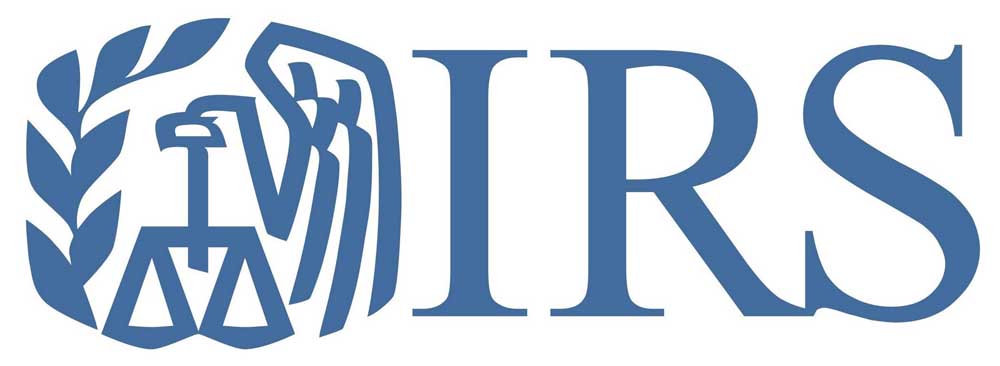Coastal residents targeted by ‘fake IRS agent’ scams
Published 4:53 am Tuesday, January 27, 2015

- Coastal residents targeted by ‘fake IRS agent’ scams
WASHINGTON — Here’s one more reason to dislike tax season: The Internal Revenue Service says they’ve seen a recent surge in phone scams involving fake IRS agents. They believe the problem will only intensify as millions of Americans prepare their taxes over the coming months. Police say at least one local person has already fallen prey to the scam.
According to a press release from the IRS, citizens all over the U.S. have reported aggressive and threatening phone calls from scam artists who impersonate IRS or U.S. Treasury staff. The scam artists tend to contact the elderly, recent immigrants, and those who are not native English speakers. Some callers threaten their targets with serious consequences such as arrest, deportation or license suspension if they don’t immediately send cash or pre-paid debit cards to cover a debt, while others tell the target that they have a refund coming, and try to trick them into providing private financial information.
Since October 2013, the Treasury Inspector General for Tax Administration (TIGTA) has received reports of roughly 290,000 of these scam-calls. They estimate that about 3,000 victims have collectively paid over $14 million as a result of the scam.
In late 2014, a local couple told the Chinook Observer about an alarming exchange with a man who demanded money for a non-existent tax debt — they did not pay, and reported the incident to the police. But another local couple was not so lucky. On Tuesday morning, a spokesperson for the Long Beach Police Department said that a woman visited to the police station to warn officers about the scam. When a man claiming to work for the Treasury threatened her with legal consequences, she rushed to purchase $5,000 in prepaid debit cards and read the card numbers to the man over the phone. The spokesperson said this incident shows just how convincing these criminals can be, because the victim was a well-educated woman who was quite savvy in other regards. County dispatchers’ call reports show that a handful of other Pacific County residents received similar calls in late 2014.
In the press-release, IRS Commissioner John Koskinen said that federal workers never try to shock or scare citizens into paying a debt, even when they really do owe money.
“The first IRS contact with taxpayers is usually through the mail. Taxpayers have rights, and this is not how we do business,” Koskinen said.
Nonetheless, these calls can be surprisingly convincing, because the scams have gotten quite sophisticated. According to the press-release, the “Scammers are able to alter caller ID numbers to make it look like the IRS is calling. They use fake names and bogus IRS badge numbers. They often leave ‘urgent’ callback requests.” The callers may even know a lot about their intended victims.
According to the IRS, there are several tell-tale signs that a caller may be a con artist:
• Scammers demand immediate payment, but the IRS provides opportunities to discuss the amount of the debt or file an appeal.
• Real IRS workers never demand a specific payment method, such as a prepaid calling card, and they never ask for debit or credit card numbers over the phone.
• Scammers often threaten to call the police or make an arrest. The IRS does not send local law enforcement to handle tax issues.
What to do:
• If you know you owe taxes or think you might owe, call the IRS at 1-800-829-1040. The IRS workers can help you with a payment issue.
• If you know you don’t owe taxes or have no reason to believe that you do, report the incident to the TIGTA at 1-800-366-4484 or at www.tigta.gov.
• If you’ve been targeted by this scam, also contact the Federal Trade Commission and use their “FTC Complaint Assistant” at FTC.gov. Please add "IRS Telephone Scam” to the comments of your complaint.

